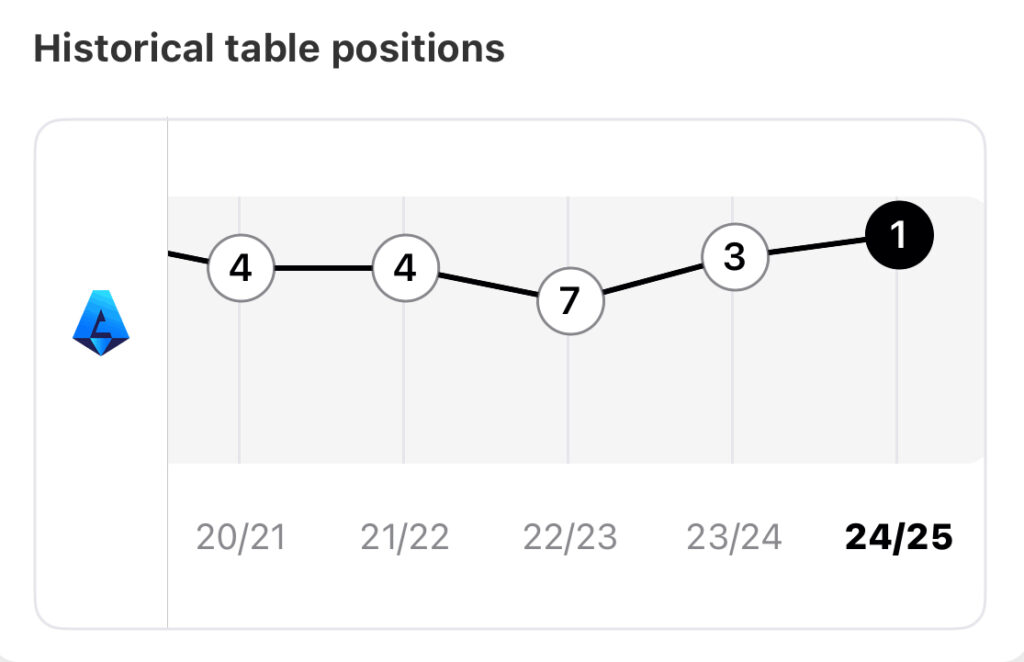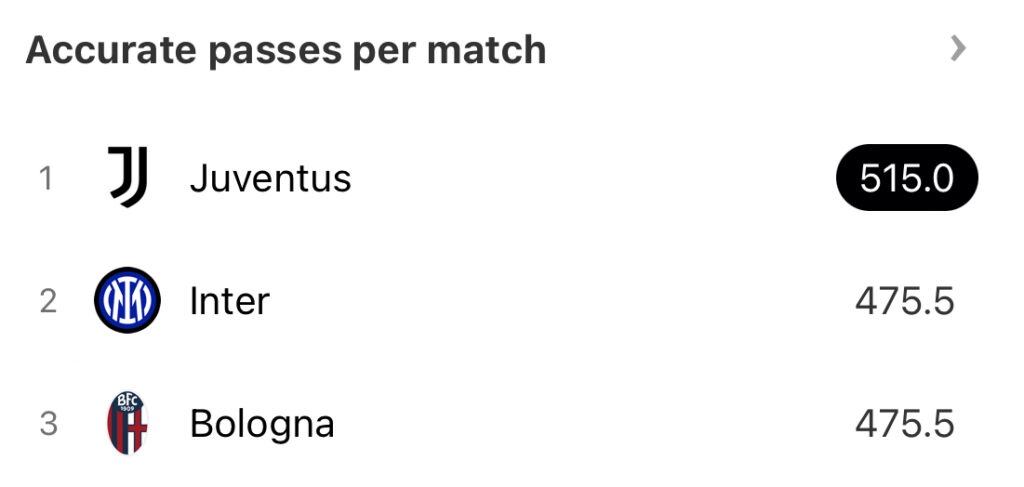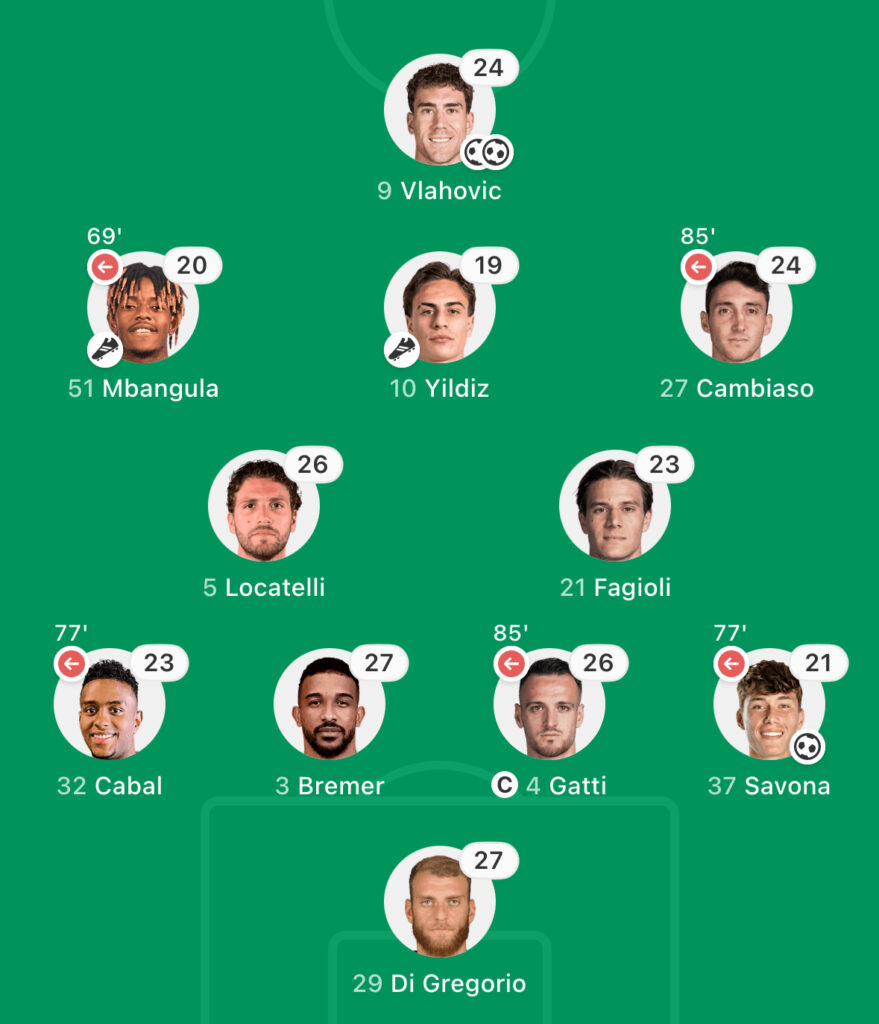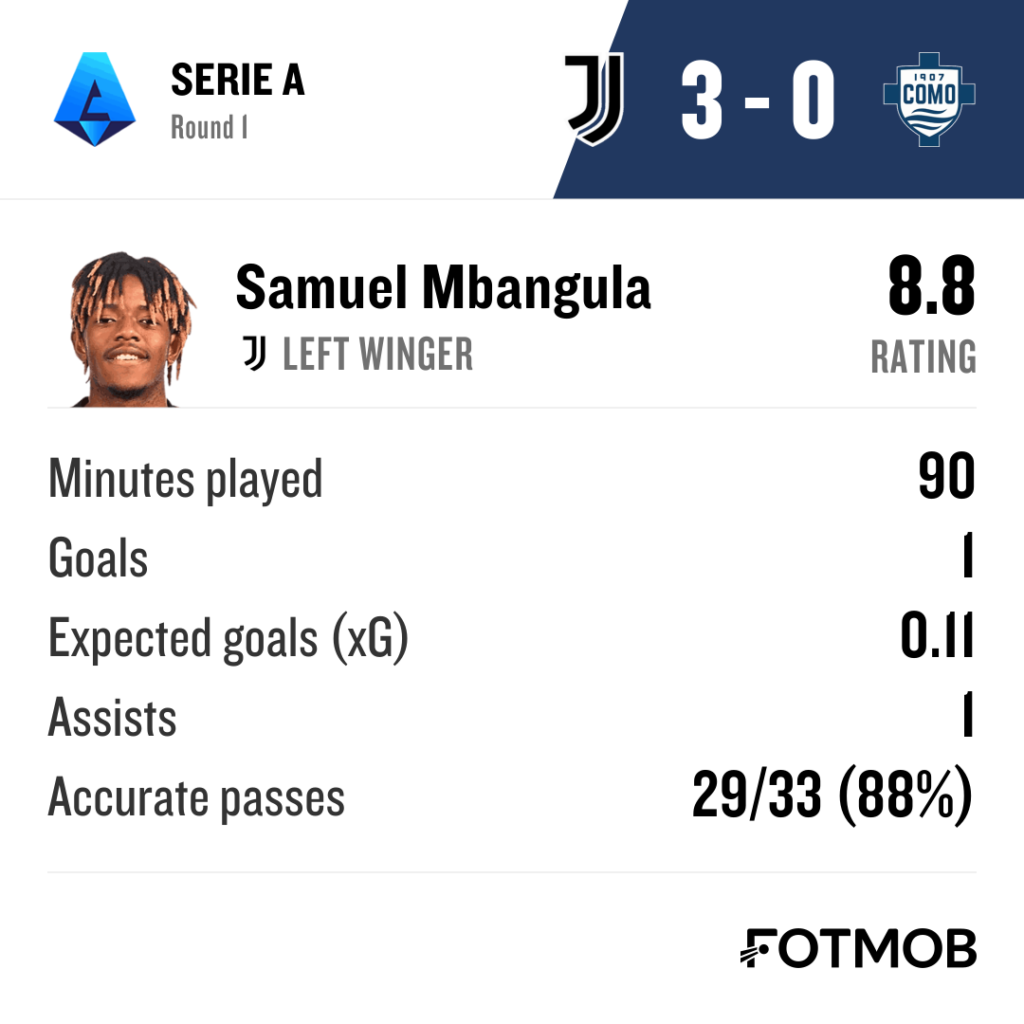Analysis: Thiago Motta’s Juventus on course to make early waves
It is extremely early days yet, but Thiago Motta’s Juventus seem to be shaping up very nicely for the 2024/25 season. After two rounds of fixtures, they are the only Serie A team with a 100% record, so listen carefully and the feint whispers of a title charge can already be heard. Regardless of whether that materialises, they finally look set to enjoy a positive campaign.
By Neel Shelat
The last few years have been quite tough for Juventus fans. After a run of nine consecutive Serie A titles, it is now over four years since they last got their hands on the Scudetto. Perhaps worse yet, they were coached by Massimiliano Allegri for the majority of this period and his stodgy tactics certainly did not make his side any easier to watch.

Allegri was definitely not the chief culprit for Juventus’ downfall as financial issues and mismanagement were to blame instead, but the future never looked too bright under him. A coaching change seemed inevitable at some point, so Thiago Motta’s appointment last summer was met with great optimism.
At the same time, experts warned Juventus fans not to have excessively high hopes in the short term. The transition from Allegri’s defence-first style of play to Motta’s fluid possession-based football was always going to be a big one, so a rough start would not be out of the ordinary.
However, Juventus have hit the ground running this season. Of course, this is a terribly small sample size of just two games against significantly weaker opposition at that, but the manner of their victories should be considered even more impressive than the fact that they are the top scorers and the only team yet to concede.
Eye-Catching Style of Play
Thiago Motta’s Bologna caught the eyes of fans and experts alike with their dazzlingly fluid possession play, and he has immediately transferred that to his new side.
Although they line up in a 4-2-3-1 formation, Juventus hardly employ much of a build-up “structure”. The two deeper midfielders are free to drift around or drop back to pick the ball up and progress it, the wingers are free to stay wide or come in very narrow and influence the full-backs’ movements in turn, and even the centre-backs can be seen stepping forward off the ball at times!
Making all of these fluid movements and rotations is one thing, but they are pretty useless unless executed cohesively. The most impressive, part, therefore, is the coordination Juventus have shown in their first two league games, completing more passes than anyone else by some margin.

This is such a far cry from what Juve did under Allegri that fans would be content with these performances alone, so the results have only been the cherries on top.
Trust In Youth
Another aspect in which Motta differs from Allegri is his trust in young talents. The latter did use some prospects with good regularity, but it always seemed that he did so reluctantly due to a lack of alternatives in his squad. Motta, on the other hand, has seemed happy to start youngsters ahead of more experienced senior team members.
In fact, the average age of the players he has used in his first two matches (weighted by minutes played) has been 24.2 years old, the second-lowest in Serie A. Using FotMob’s new age toggle, we can also see that his oldest starters were no more than 27 years old in Monday’s win over Hellas Verona.

Motta has already handed out two Serie A debuts to Samuel Mbangula and Nicolò Savona, who have both instantly repaid his faith. The latter scored against Hellas Verona, while the 20-year-old Belgian winger has gotten on the scoresheet in both matches and put up a man-of-the-match performance against Como, scoring Juventus’ first competitive goal under Motta in the process.
The 41-year-old Italian tactician’s trust in youth is another major positive for Juventus, who have developed their Next Gen project excellently to assemble one of the most exciting youth setups not just in Italy but all over Europe. With Motta at the helm, they can be sure that this talent will be well utilised.

Tougher Tests Await
All the signs look very positive so far for Juventus, but as we alluded to previously, it is important to keep in mind that the two competitive matches they have played so far have been against expected relegation-battlers. Significantly tougher tests await this side starting next weekend against Roma, but especially next month when they take on Lazio and Inter back-to-back after the Champions League group stage opener.
Juventus have made some good moves in this window to add depth to the squad and sign players of profiles that Motta will appreciate, but how they balance fixture load across multiple competitions remains to be seen. That could well be the key to their fortunes this season.
(Cover image from IMAGO)
You can follow every game from Serie A on FotMob – with deep stats, xG, and players ratings. Download the free app here.